Belly fat is a type of fat that is stored around the abdomen. It is also known as visceral fat. Visceral fat is different from other types of fat because it is more active and can produce hormones that can increase inflammation and the risk of heart disease, stroke, and type 2 diabetes.
While there is no magic bullet for losing belly fat, there are certain foods that can help you reduce it. Here are some of the best foods to include in your diet:
Best Foods for Belly Fat
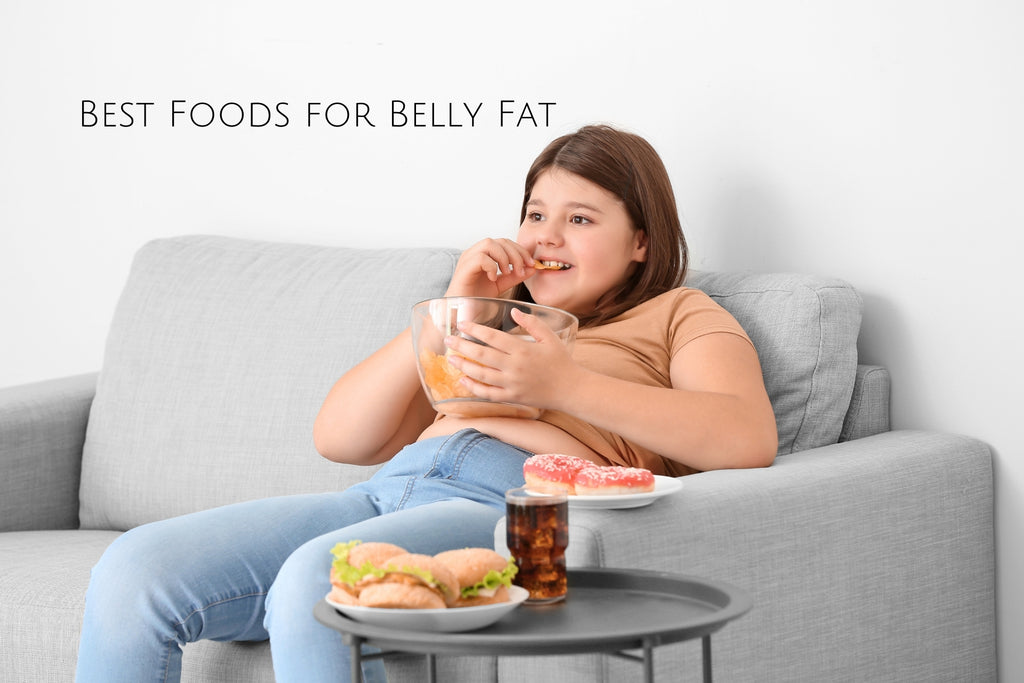
Beans:
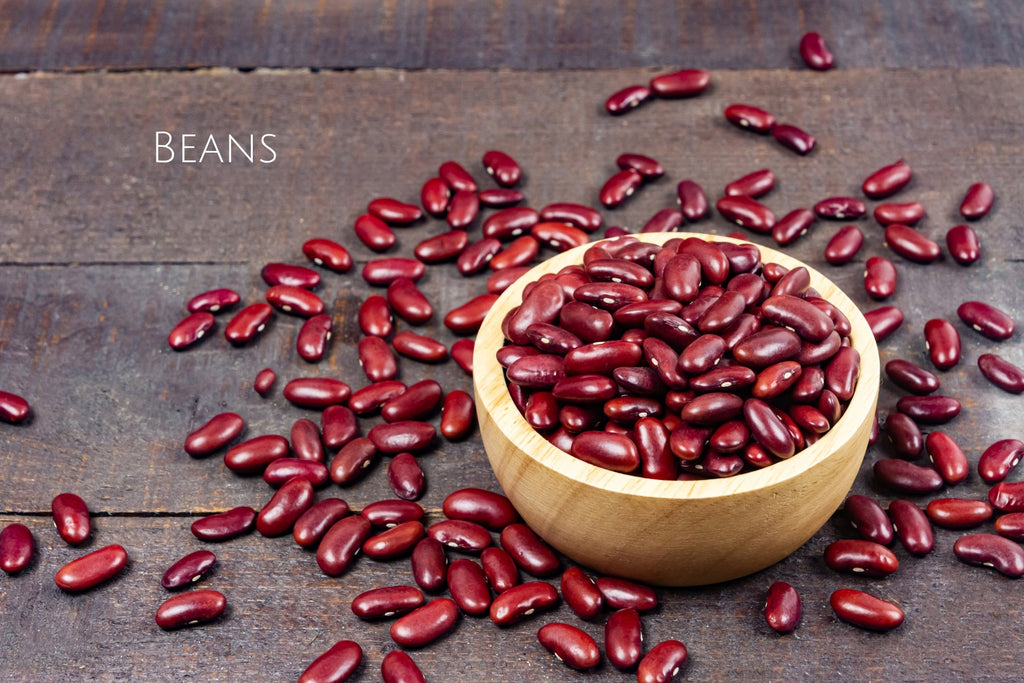
Beans are a great source of fiber, which can help you feel full and satisfied. They are also a good source of protein and antioxidants. Beans offer an impressive array of health benefits that make them a nutritional powerhouse. Packed with protein, fiber, vitamins, and minerals, they play a crucial role in a well-rounded diet.
Fruits and Vegetables:
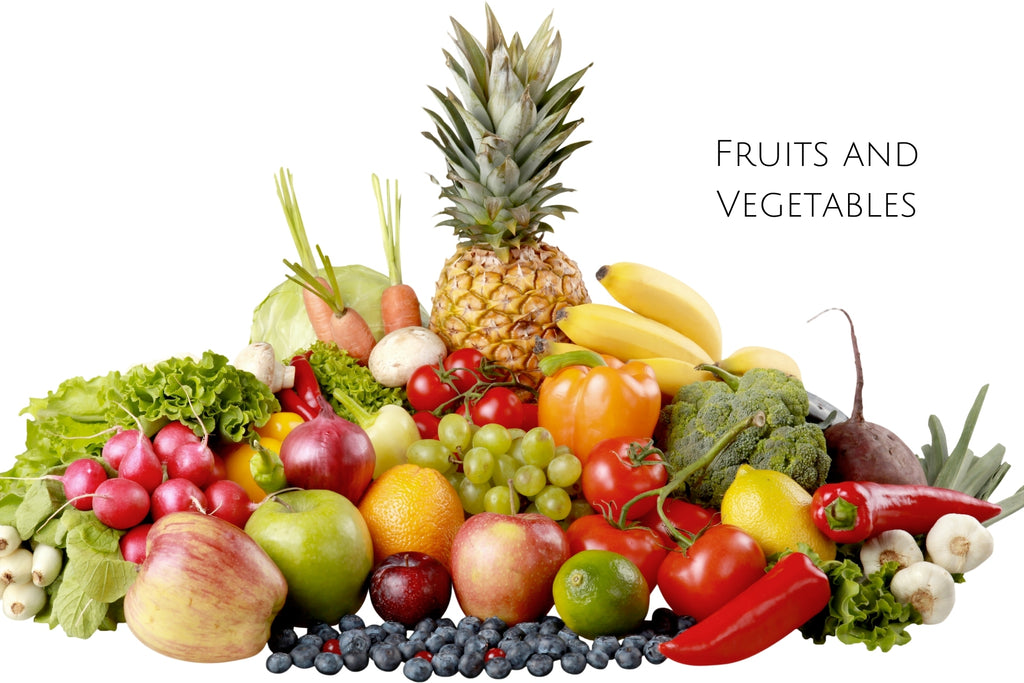
Fruits and vegetables are nutritional powerhouses packed with a plethora of health benefits. These colorful wonders are rich in essential vitamins, minerals, antioxidants, and fiber, offering a wide range of advantages for overall well-being. Their antioxidant properties combat oxidative stress and inflammation in the body, protecting cells from damage caused by free radicals.
Lean Proteins:
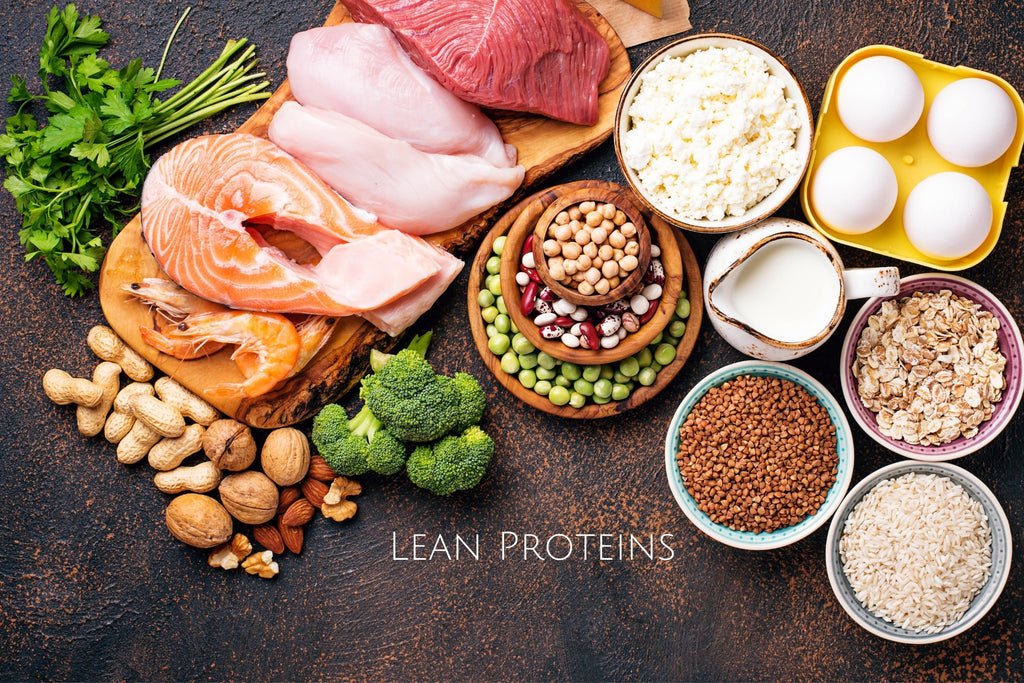
Lean proteins offer a myriad of health benefits, making them an essential component of a well-rounded diet. These proteins, found in foods like chicken, turkey, fish, tofu, and legumes, are low in saturated fats and provide several advantages for overall health. By promoting a feeling of fullness, lean proteins can support weight loss or weight maintenance goals.
Whole Grains:
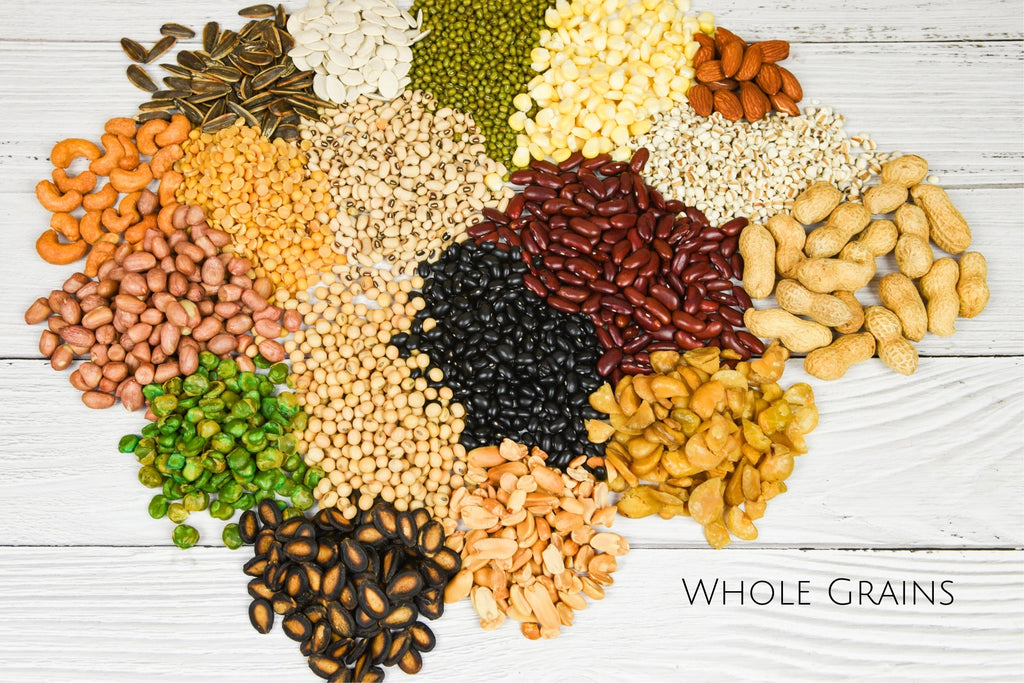
Whole grains offer a multitude of health benefits due to their nutrient-dense composition and high fiber content. Unlike refined grains, whole grains retain all parts of the grain, including the bran, germ, and endosperm, providing a wide array of essential nutrients and health-promoting compounds.
Yogurt:
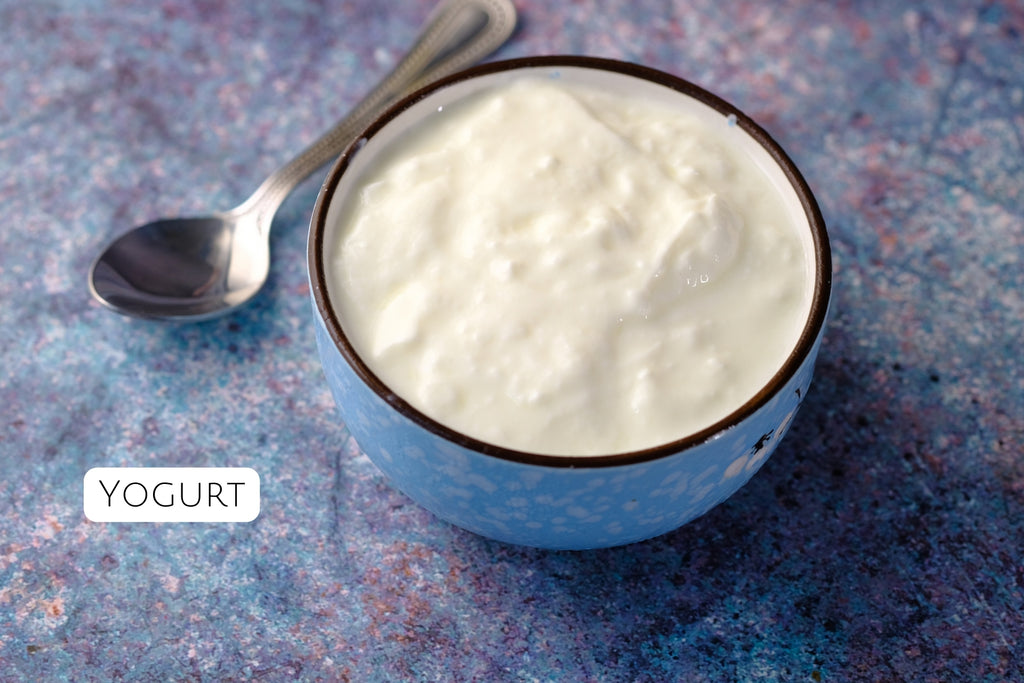
Incorporating yogurt into one's diet can foster a healthy gut environment through probiotic nourishment. Probiotics may also help reduce inflammation. Yogurt boasts a range of health benefits, making it a popular choice for many seeking a nutritious addition to their diet. This fermented dairy product is rich in several essential nutrients and live beneficial bacteria.
Healthy Fats from Nuts and Seeds:
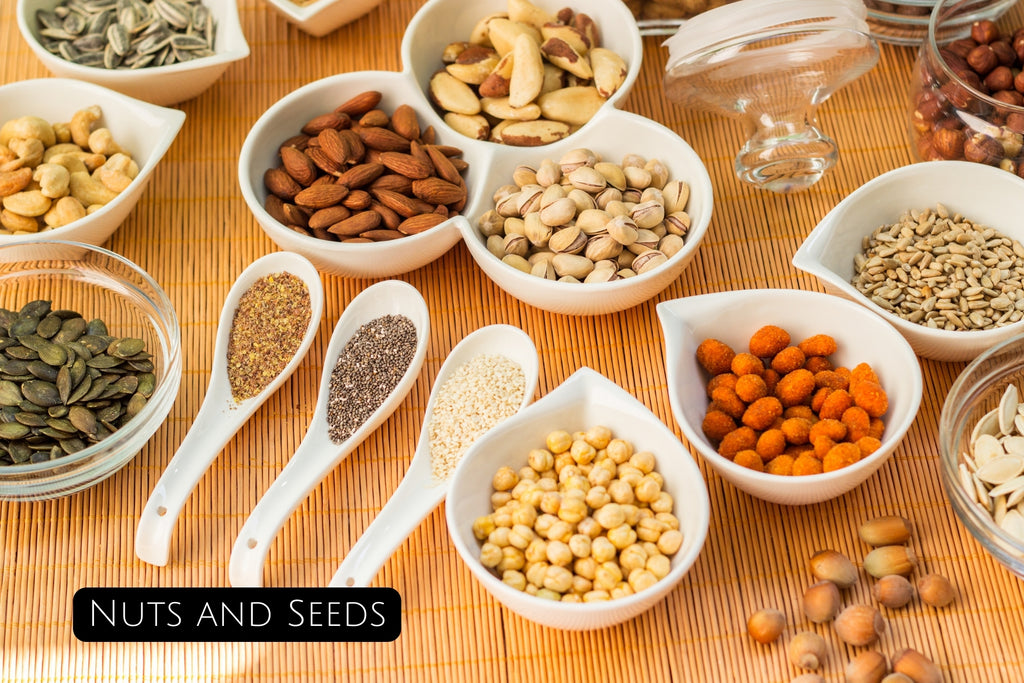
Healthy fats found in nuts and seeds offer a range of impressive health benefits. These fats primarily consist of monounsaturated and polyunsaturated fats, including omega-3 and omega-6 fatty acids.
Probiotic Foods:
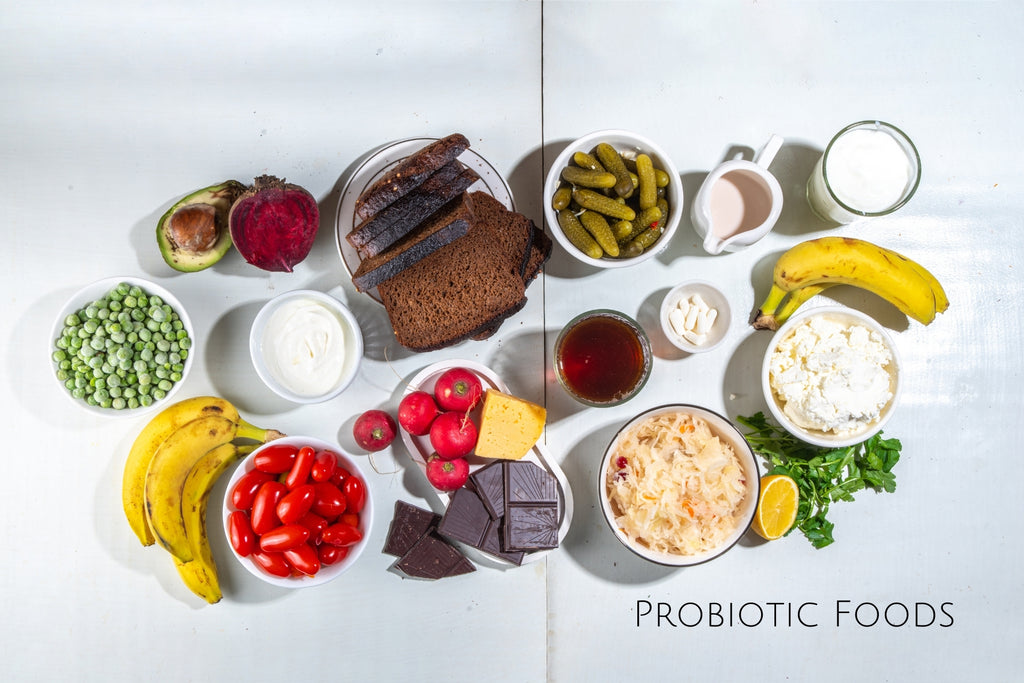
Probiotic foods offer a multitude of health benefits primarily attributed to their role in supporting a healthy gut microbiome. These foods, rich in beneficial live bacteria and yeasts, aid in balancing the gut flora and fostering a thriving environment for good bacteria to flourish.
Chia seeds:
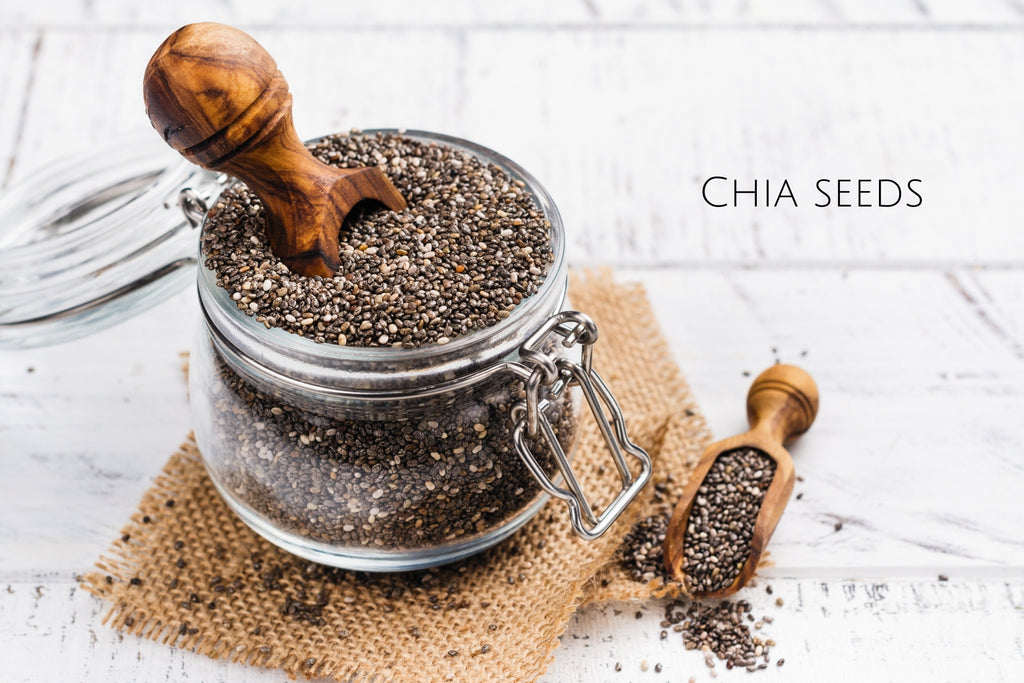
Chia seeds are a nutritious and healthy food that can be enjoyed by people of all ages. They are also a good source of calcium and antioxidants. Chia seeds are tiny powerhouses packed with a multitude of health benefits. These little seeds, derived from the plant, have gained popularity for several reasons.
Bananas:
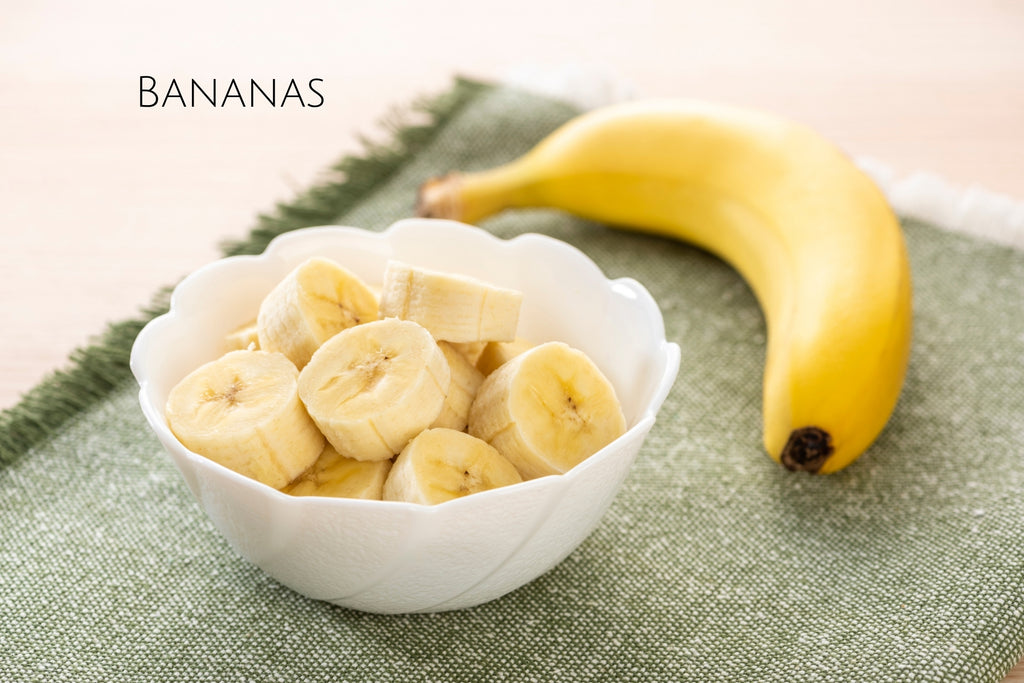
Bananas are a good source of potassium, which can help regulate blood pressure. They are also a good source of fiber and vitamin C. Bananas, often considered nature's convenience food, boast an array of health benefits packed within their yellow peel. Rich in essential nutrients and easily accessible, bananas are a go-to fruit for many.
Bad Foods for Belly Fat

White bread:
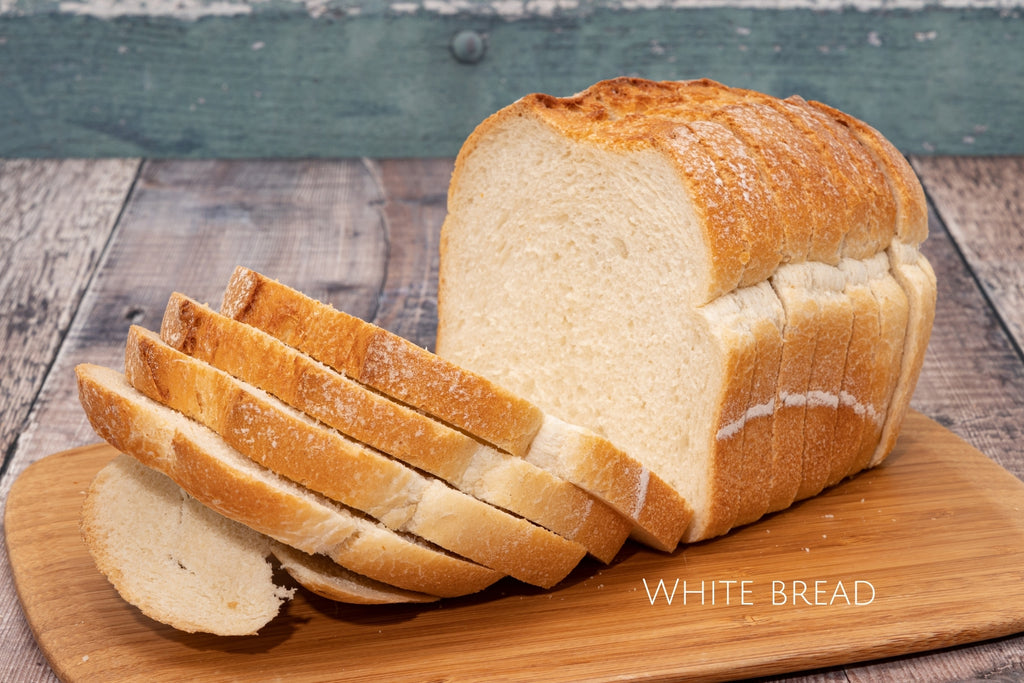
This can lead to increased insulin production, which can promote fat storage.
Added Sugars:
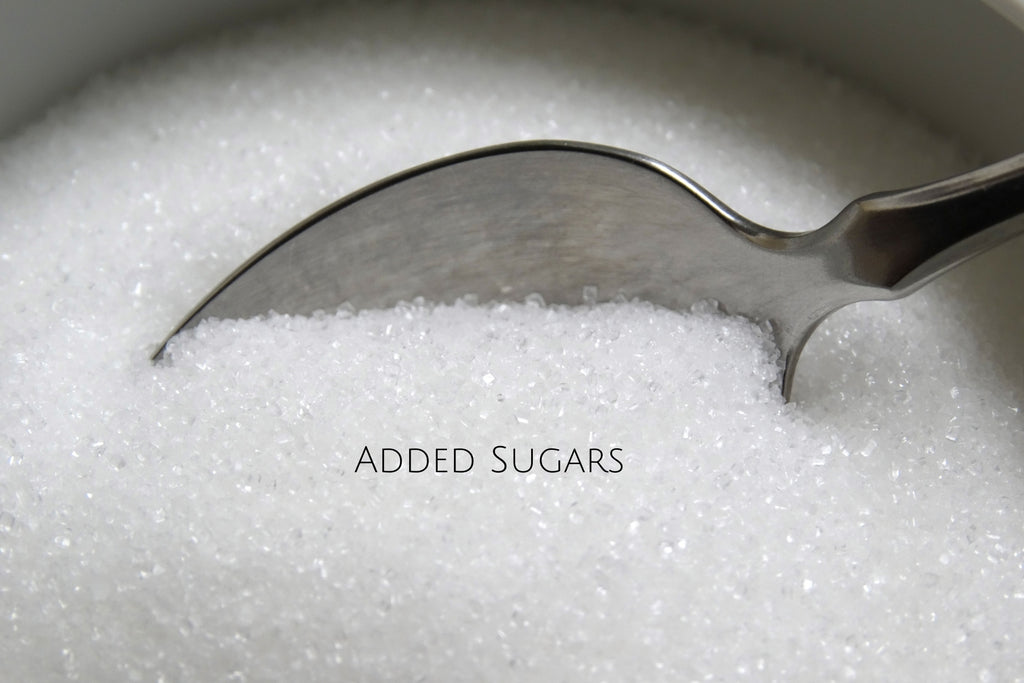
Added sugar is any sugar that is added to food or drinks during processing or preparation. All types of sweeteners, including table sugar, high-fructose corn syrup, and others, are referred to.
Trans Fats:
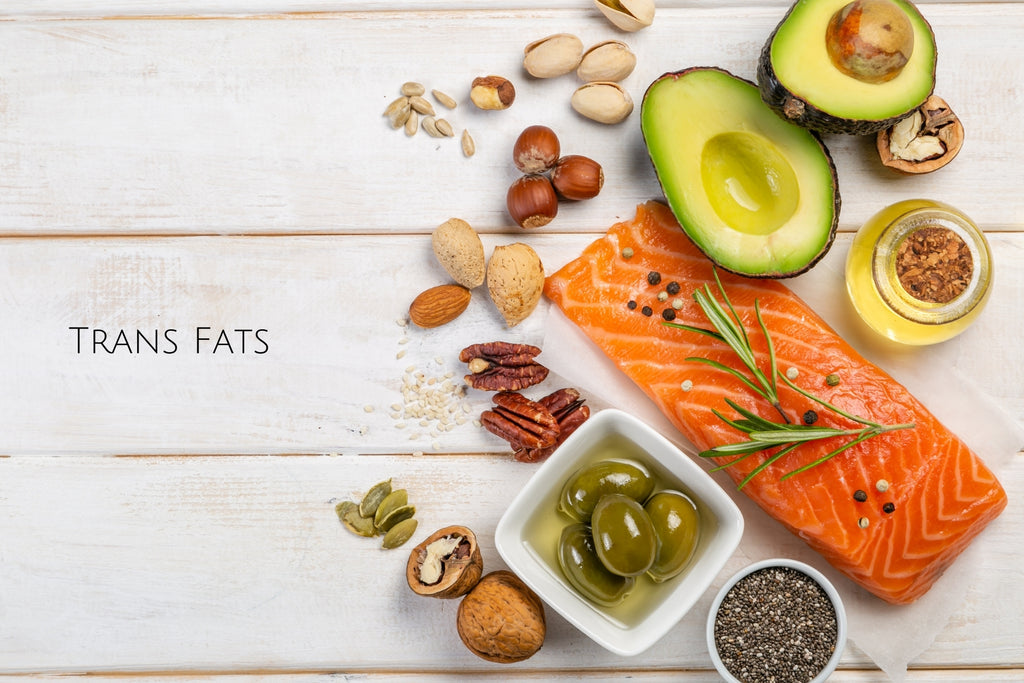
Trans fats are a type of unsaturated fat that is created when liquid vegetable oils are hydrogenated to make them solid at room temperature. They are found in many processed foods, such as fried foods, baked goods, and margarine.
Refined Carbohydrates:
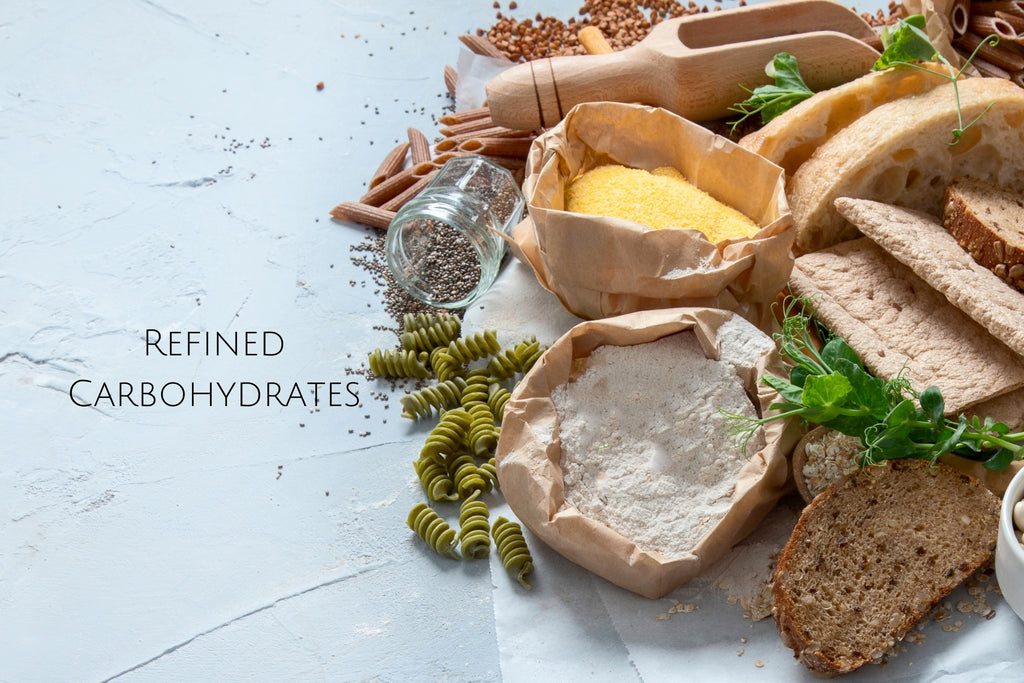
Refined carbohydrates are carbohydrates that have been processed to remove the bran and germ, which are the most nutritious parts of the grain. This processing makes the carbohydrates more easily digestible, but it also removes important nutrients, such as fiber, and vitamins.
Alcohol:

Alcohol is a psychoactive substance that can have both positive and negative effects. While moderate alcohol consumption may have some health benefits, excessive alcohol consumption can lead to a wide range of disadvantages.
Ice cream:
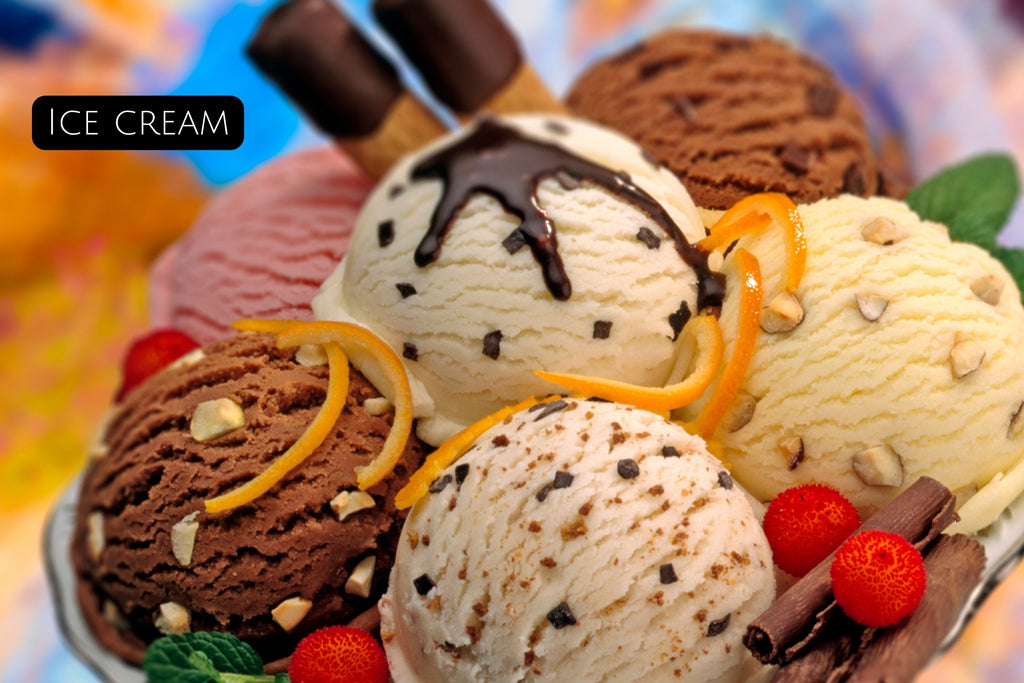
Ice cream is a delicious and popular treat, but it also has some potential drawbacks.
Potato chips:
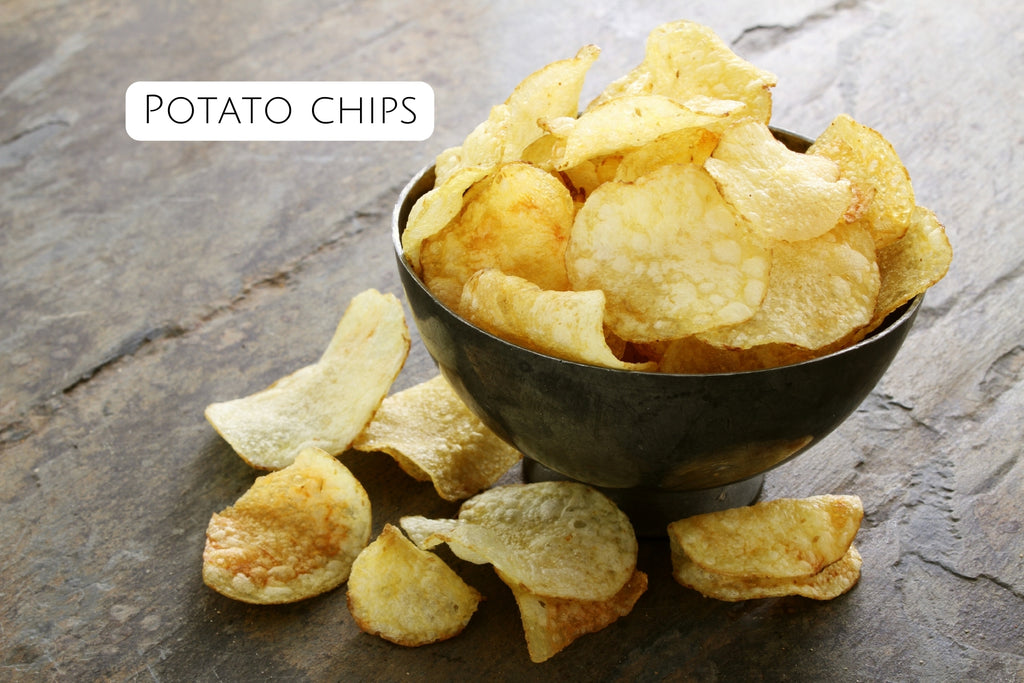
Potato chips are a popular snack food enjoyed by people of all ages, but they are not without their drawbacks.
Fruit juice:
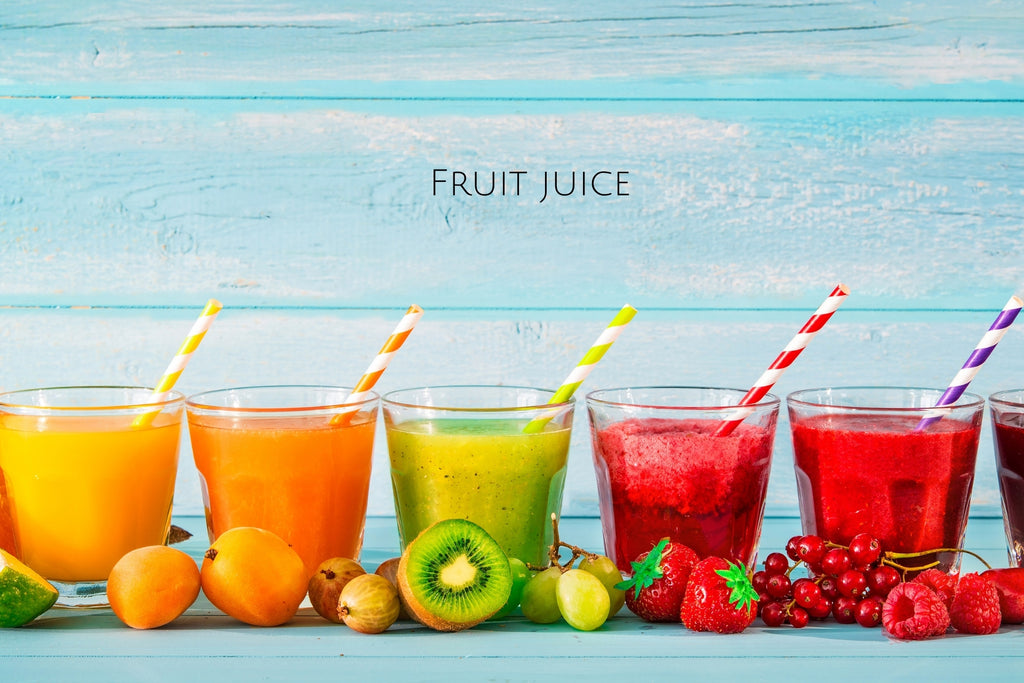
Fruit juices are low in fiber, which can slow down the absorption of sugar into the bloodstream.
Processed meats:

They are also a good source of nitrates, which can be converted into nitrosamines in the body. Nitrosamines are a type of carcinogenic compound.
In addition to eating healthy foods, there are other things you can do to reduce belly fat. These include:
Getting regular exercise: Aim for at least 30 minutes of moderate-intensity exercise most days of the week.
Getting enough sleep: Achieve restful sleep to support healthy cortisol patterns.
Cortisol can increase appetite and promote fat storage.
Managing stress: Chronic stress can upregulate cortisol production, potentially leading to increased fat storage.
If you're concerned about belly fat, consult your doctor for personalized advice and guidance on managing weight and improving overall health.
Conclusion:

In conclusion, the choices we make in our diet play a pivotal role in managing belly fat and overall health. Embracing nutrient-dense foods like vegetables, fruits, lean proteins, whole grains, and healthy fats not only aids in reducing belly fat but also supports a healthier lifestyle.
Remember, losing weight and reducing belly fat takes time and effort. Steady effort and unwavering determination are the cornerstones of accomplishment.
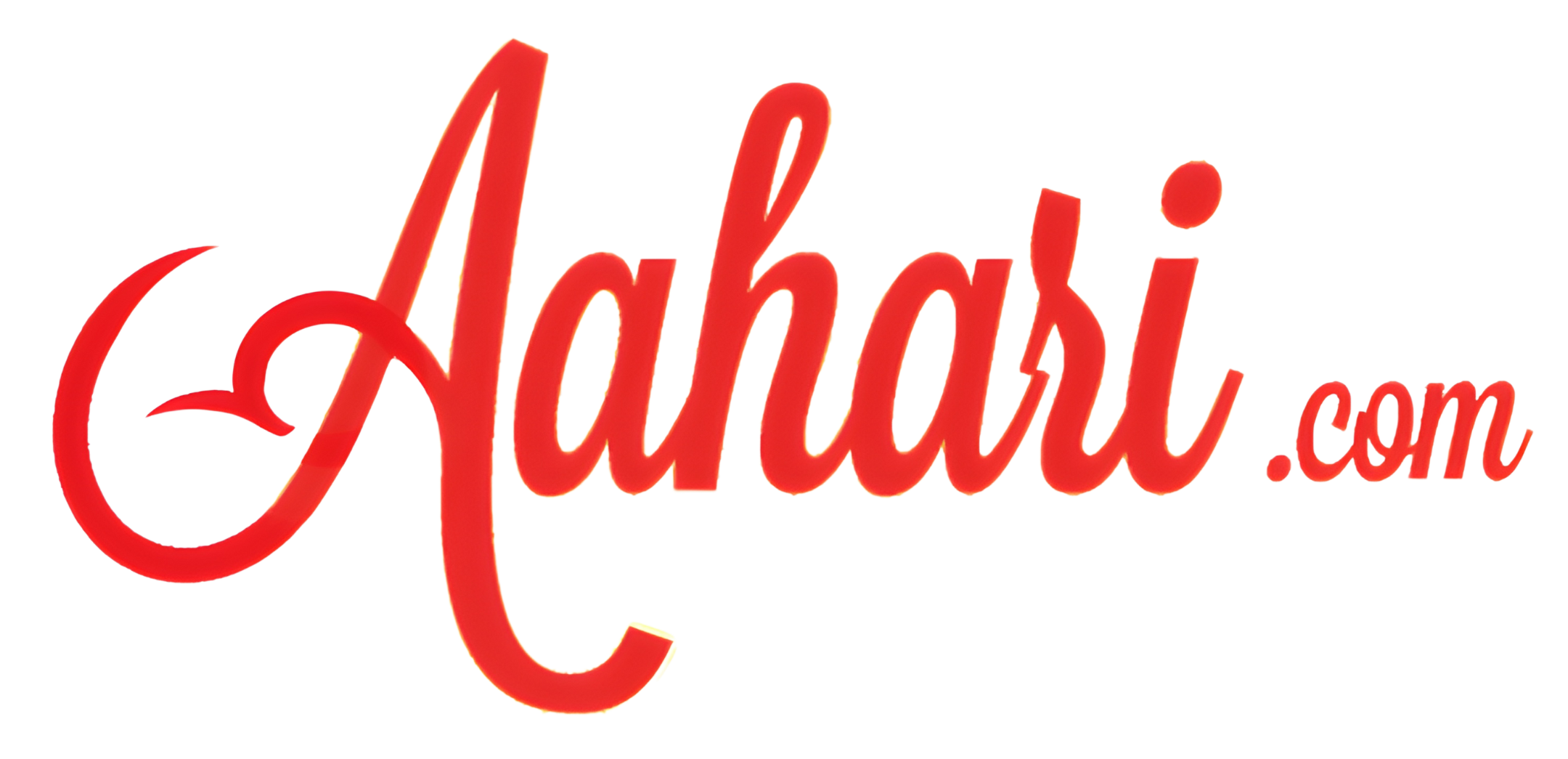
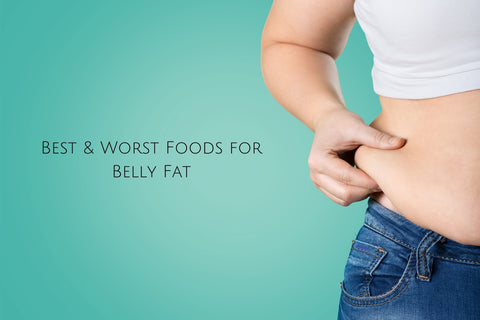
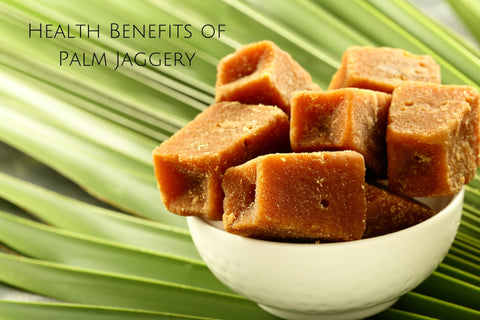
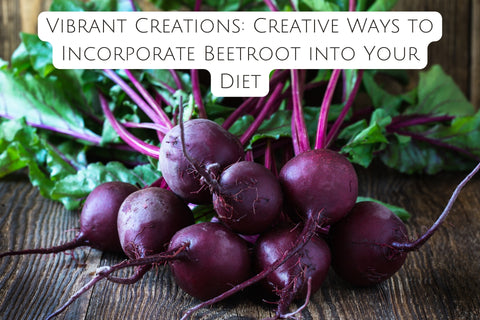
Comments (0)
There are no comments for this article. Be the first one to leave a message!